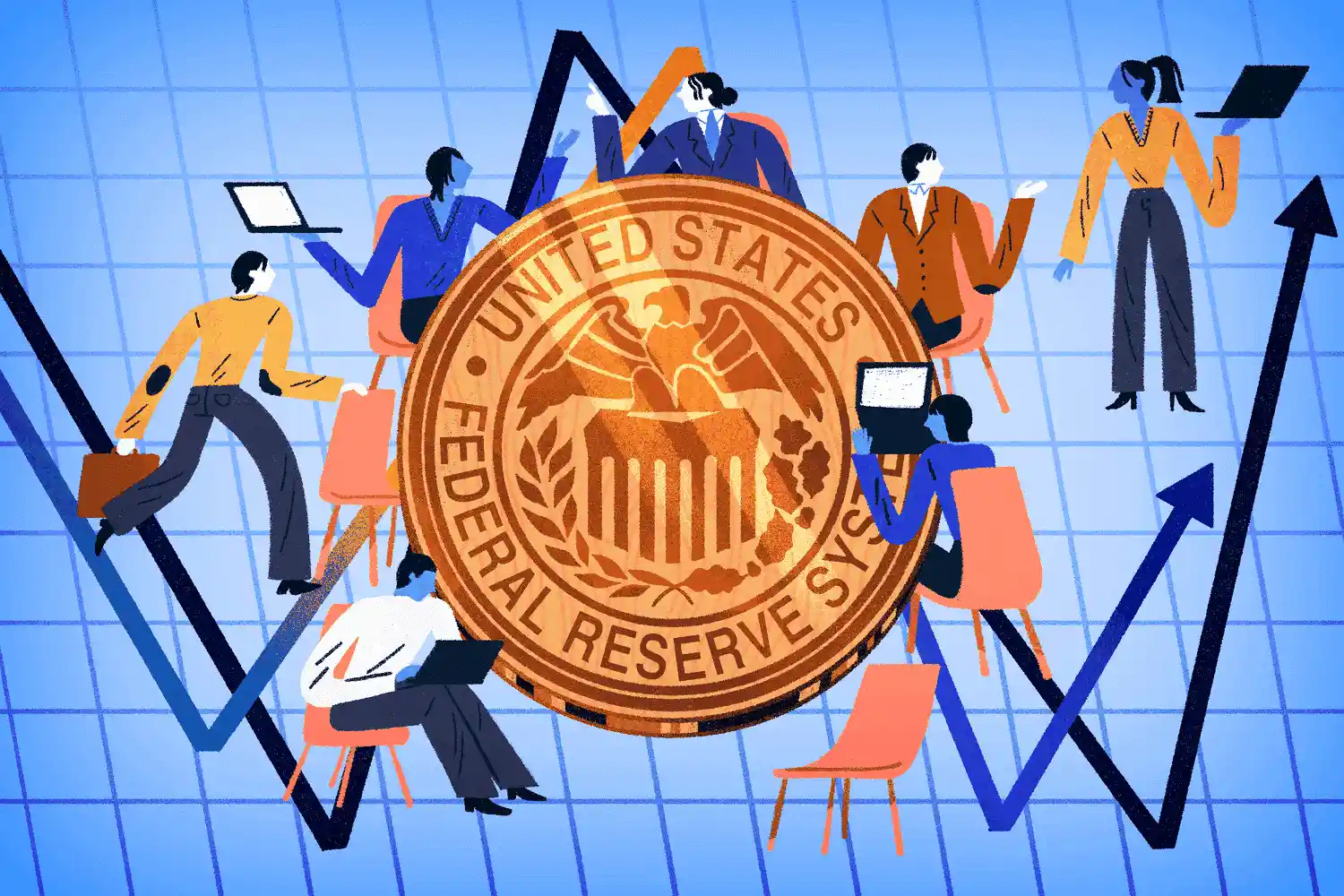For the past few weeks, the top financial news headlines are all about the potential recession of US Dollar. Analysts, forex traders, and economists are all busy discussing about what is called the “silent crisis” that is threatening to change everything in the forex world. Is this the beginning of the end of dollar era? Is US Dollar beginning to lose its hegemony on global trade? If yes, then this will have a telling impact not only in the US market, but also in the global market as a whole.
At a time when the global monetary system is already cracking and inflation is robbing the value of our money, this issue has become all the more important in light of the ongoing Russia-Ukraine conflict. The decision by leading global players to isolate Russia is not seen as a wise one. Many opine that the isolation of Russia from the global financial sector will only help to destabilize the dollar. The concept of money will never be the same again. However, before we discuss the details of sanctions and its impact on the greenback, let us first recollect how US Dollar gained its dominance in the global market.
Birth of petrodollar
After the Arab crisis of the 1970s, the OPEC nations tripled the oil prices to the Western world. This put America in a very vulnerable position as they were importing about 70% of their total oil consumption. Therefore, President Richard Nixon, in an attempt to secure a reliable foreign source of oil signed a pact with Kingdom of Saudi Arabia where the agreement was – if Saudi Arabia would sell oil in US Dollars, then America would defend Saudi Arabia and ensure that the House of Saud would stay in power. As a result of this pact, other oil producing nations of OPEC also adopted the same medium of exchange. This increased the demand for US Dollars. As a result of this, US Dollar gained immense strength in the market and soon it got the name “petrodollar.”
Western governments, the US in particular, have announced several sanctions targeting Russian financial institutions. These restrictive economic measures include removing Russian banks from international payment systems like SWIFT, restricting Russian Central Bank from using its reserves worth US$630, etc. As a result of this, many are foreseeing Russia to make defaults in its payments.
Impact of war and sanctions
The response of the international community against these sanctions may prompt other countries to dump US Dollar and look for alternatives to greenback as reserve currency. This is because these sanctions are sending out a warning message that the greenback cannot be counted on in the event of a geopolitical issue with the west.
The war is not only affecting Russia, but is challenging the dollar dominance as well. And to top it all, the sanctions imposed on Russia has raised questions about the future of the global monetary system. Central banks around the globe are now concerned about the safety of their forex reserves. As a result, they are now diversifying their reserves beyond the evergreen choice of USD.
Increased preference for fiat currencies
Many countries are treating this situation as a much awaited opportunity to challenge the dollar supremacy. For instance, Saudi Arabia and China are exploring trade settlement in either Saudi Riya or Chinese Yuan. Same is the case with India and Russia. Both are trying to establish a Rupee-Rouble settlement mechanism.
In addition to that, countries are also exploring alternatives to SWIFT transactions. In order to shrug off the dominance of SWIFT, China has already come up with an alternative called CIPS (Cross-Border Interbank Payment System). It is a payment settlement system that also has the power to run its own messaging network.
This would encourage other countries to take similar steps to insulate themselves from a potential future round of Western sanctions. This will further challenge the dominance of the USD. If international trading is done in Yuan, Roubles, or a basket of currencies, then the demand for US Dollars will go down heavily and the American economy would be in financial doldrums.
Conclusion
The current conflict has only intensified the uncertainty in the global financial system. The world economy is now on the brink of another recession. Furthermore, this is also to be considered as a turning point in the global monetary history marked by the end of dollar hegemony and the onset of a bipolar or even multipolar monetary order.








